- 👨🏿🚀TC Daily
- Posts
- MTN’s not gunning for Netflix. It swears
MTN’s not gunning for Netflix. It swears
Inside: Nigerian banks spent $172M on IT gears.


Wazzup! ☀️️️
This is not a drill: how would you like to get paid for doing nothing? It sounds like a question straight out of a marketing campaign for a Ponzi scheme (sorry to those who’ve been burned before), but even those hustles make you sweat a little with worry. Well, it turns out some Google AI staff are living that dream.
The Big Tech giant is reportedly paying some of its AI employees to sit out for a year rather than risk them joining rivals.
Wild, right?
It makes you wonder whether Google doesn’t think it has an AI race to win. Anyway, with the US stock indexes swinging erratically from red to green—and back to red—since yesterday, let's hope Google’s share price picks up and stays up when the market makes a full recovery. 🙏
We stay on business. Let’s go!

Streaming
MTN Group says it wants to build a complementary streaming service, not compete with Netflix
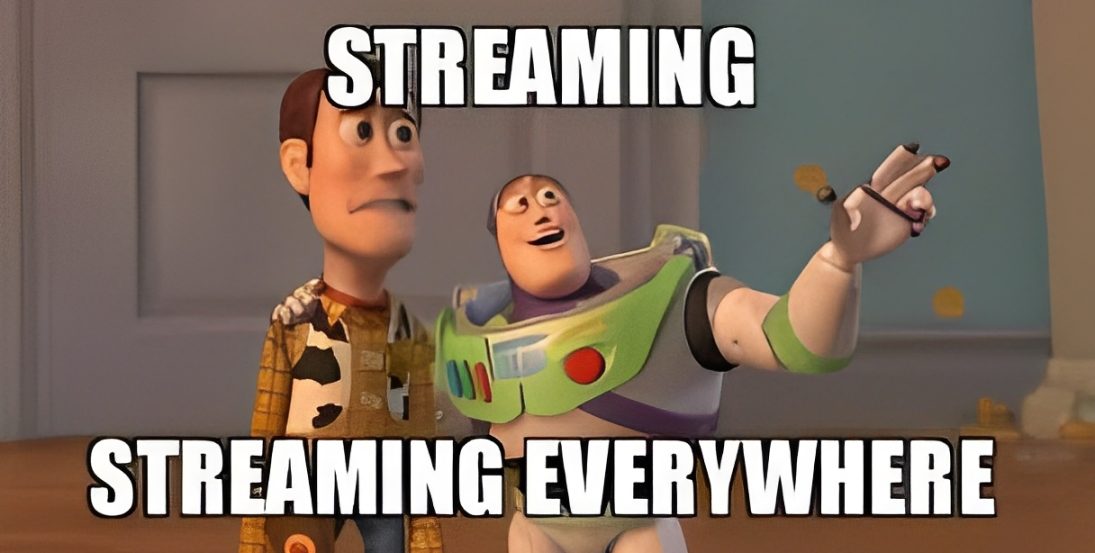
In 2015, Netflix’s entry into Africa raised doubts about how it would fare against local streaming platforms like MTN’s FrontRow and VIDI which got a head start. At the time, Netflix already dominated the US market with over 43 million subscribers, far ahead of competitors Hulu and Amazon Prime. But Africa’s market, still adjusting to cable TV and streaming, presented new challenges.
Fast forward to today, Netflix has thrived, becoming one of Africa’s biggest streaming platforms. Yet, it now faces a familiar rival in MTN, Africa's largest telecom operator, which is making another push into the streaming space after shutting down FrontRow in 2017. The tides have turned, yet MTN claims it’s not in direct competition with Netflix.
Like its previous go-around, the telecom operator has said it will use its large subscriber base to lure users to its brand-spanking new streaming platform. According to Ralph Mupita, MTN Group CEO, it will target the Nigerian market—where it has “18 million daily customers”—to provide exclusive Nollywood content that is not available anywhere else.
We wonder what IROKOtv and ROK Studios, owned by Canal+, will have to say about that.
For MTN's strategy to succeed, it must collaborate with Nigerian studios and filmmakers, stepping in as a production partner. The risk here is that top filmmakers, seeking better distribution perks, may turn to bigger platforms, leaving MTN to work with independent creators. Without big-name collaborations, attracting a solid viewership would be tough. Fewer eyeballs mean fewer bucks, and that weakens the incentive to keep going.
MTN will tap into its massive subscriber base to push its streaming side hustle. That likely means zero-rating access to its platform to lure in viewers. Don’t be surprised when you start seeing offers like, “Buy 1.5GB and get 7-day access to MTN Stream.” Zero-rating would be a gut punch to net neutrality, but it gives MTN an edge that other streaming platforms, especially newer ones, probably won’t have.
Yet, zero-rating comes at a cost: it means MTN would absorb the cost that data subscribers would otherwise pay for. Is this a gamble it can take on?
Seamless Global Payments With Fincra.

Issue accounts in NGN, KES, EUR, USD & more with one integration. Send & receive funds seamlessly across borders; no more banking hassles or complex conversions. Create an account for free & go global today.
Funding
President Trump cuts USADF funding for African SMEs

First came the USAID cuts, then the head-scratching reciprocal tariffs with wonky math. US President Donald Trump and his buddy Elon Musk keep finding creative ways to do damage that hurts Africa—whether intentionally or inadvertently.
The US African Development Foundation (USADF) quietly pulled $51 million in funding from SMEs and startups across sub-Saharan Africa. Add this to the USAID funding cut in February, which for years has been key for impact-driven startups, then we're sitting on a $151 million funding loss.
The slash-and-burn decision—courtesy of the Department of Government Efficiency (DOGE), Musk’s latest side hustle—is a direct hit to early-stage businesses in Kenya and Nigeria, the programme’s biggest beneficiaries.
To the untrained eye, these were small grants. But to a WhatsApp chatbot helping Kenyan merchants, or a Nigerian wellness incubator with no bankable assets, this money was gold. It bypassed red tape, governments, and sketchy intermediaries. USADF sent funds straight to founders building real stuff in tough places.
Now, it's gone. Just like that. No consultations. No phased withdrawal.
Projects like Yao Tropico, which operates mango-drying facilities in Côte d’Ivoire and shea butter cooperatives in Burkina Faso are suddenly stranded. DOGE claims it’s saving US taxpayers $140 billion—allegedly. Cool, but at what cost?
For Kenya and Nigeria—where startups are already dealing with currency devaluations and cautious VCs—this isn’t just a funding cut. It’s a reality check. The post-aid, self-reliance conversation just got real.
If you’re a founder, investor, or just someone betting on Africa’s innovation wave, this is the kind of geopolitical tremor that forces a pivot. What happens when the safety net is yanked mid-jump? We’re about to find out.
Introducing Zap by Paystack!
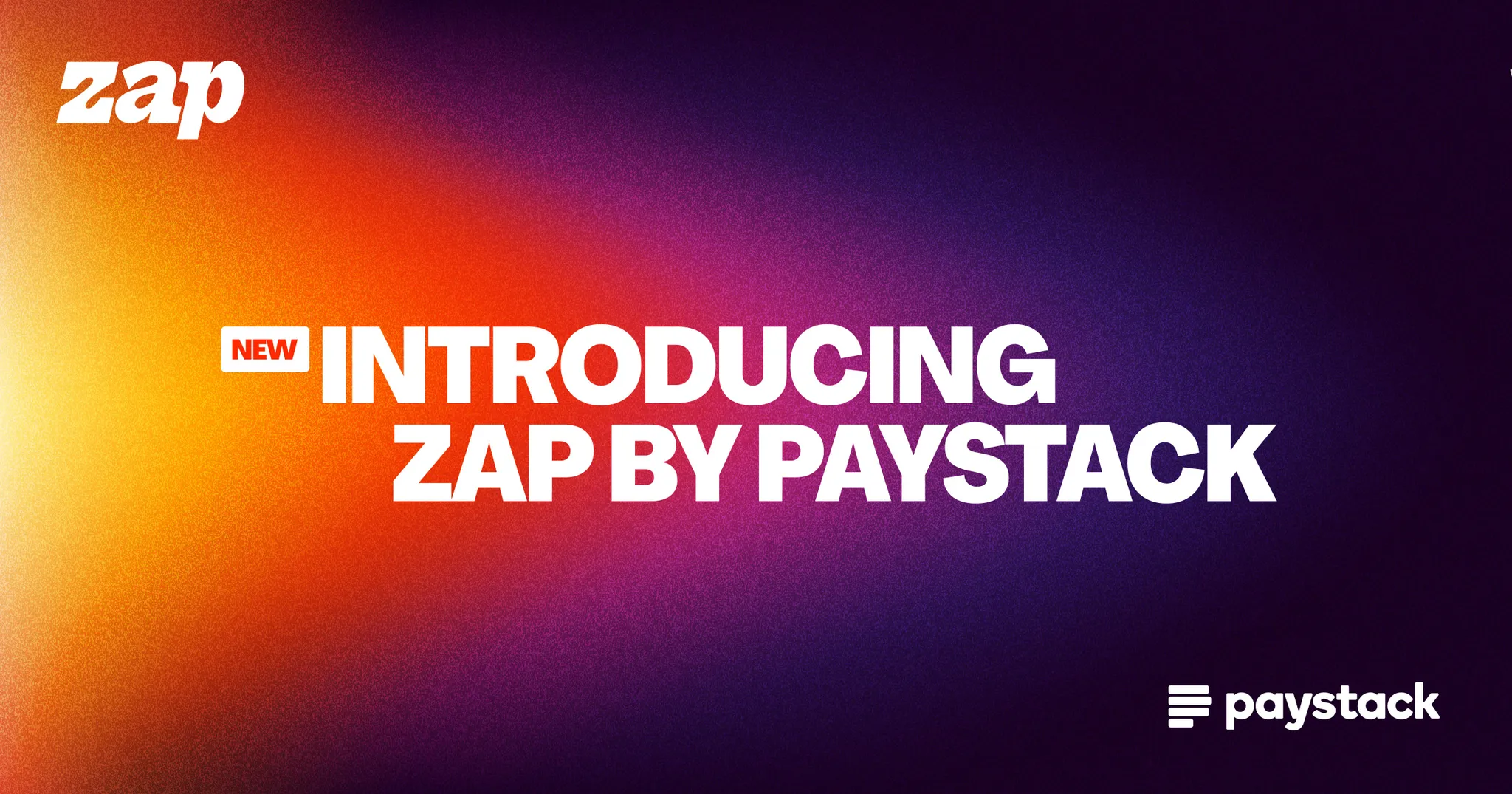
Zap is Paystack’s first consumer-facing app designed for simple, fast and secure payments via bank transfer. Download Zap on Android and iOS →
Banking
Nigerian banks invest big billions on IT upgrades
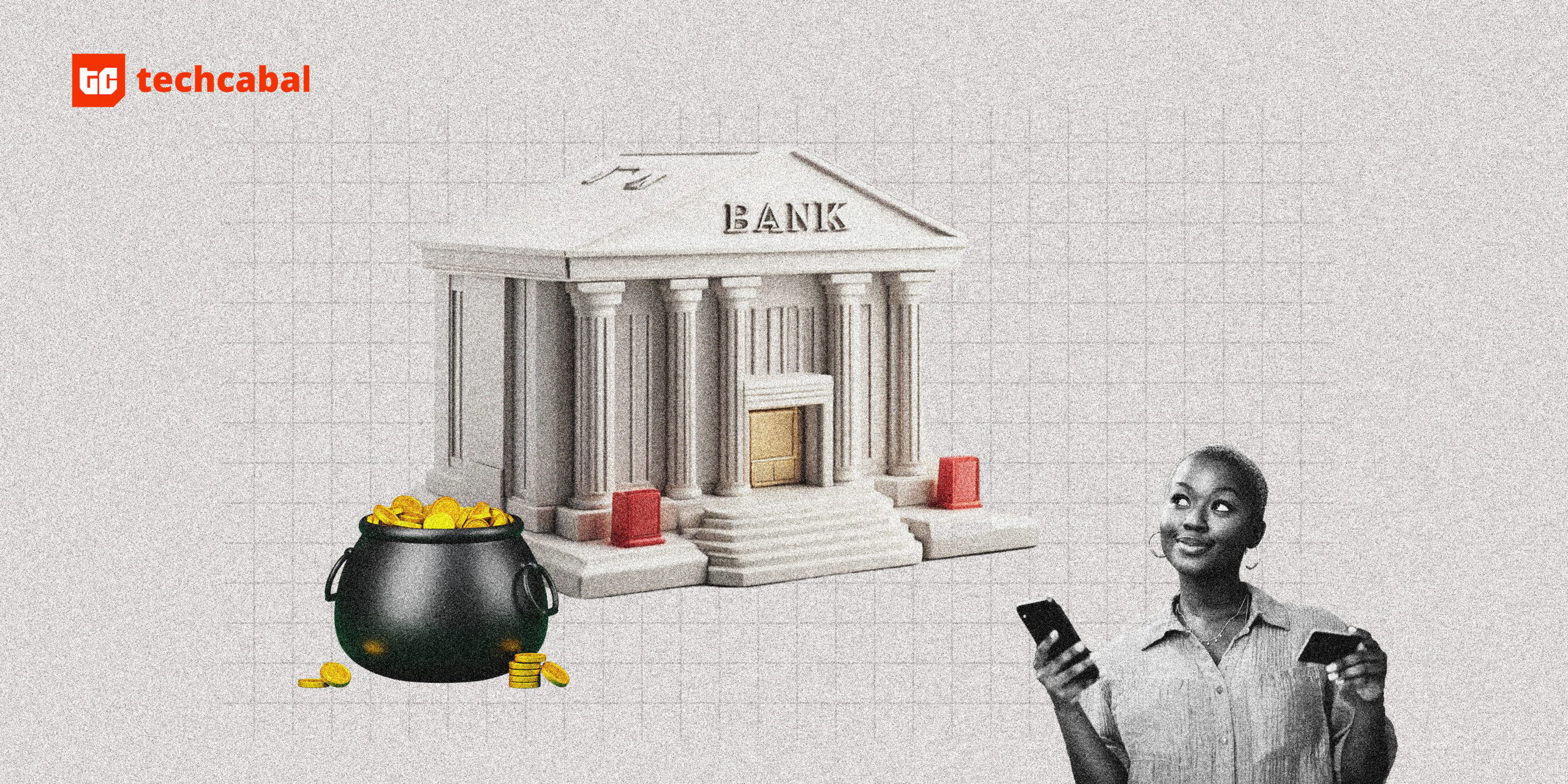
$171.5 million. That’s how much Nigeria’s biggest banks spent on IT infrastructure last year.
In 2024, Nigerian banks thought fintechs were giving them a run for their money and collectively began upgrading their core banking infrastructure.
Side gist: Core banking infrastructure costs an arm and a leg. I once spoke with a core banking professional who told me that tier-1 banks spend at least $10 million yearly on core banking software, implying an aggregate spend of $50 million (₦82 billion).
In a year where about four Nigerian banks changed/modified their core banking software, the math checked out. GTBank transitioned its core banking software from Basis to Finacle while Zenith Bank migrated to Flexcube from the legacy Phoenix system.
In this report, our banking correspondent, Bunmi Bailey, details how six leading Nigerian banks—Guaranty Trust Holding Company (GTCO) Plc, United Bank for Africa (UBA) Plc, Zenith Bank Plc, Wema Bank Plc, Stanbic IBTC Holdings, and FCMB Group Plc—collectively invested ₦268.7 billion ($171.5 million) in IT infrastructure and tech-related services in 2024.
That figure was a 75% jump from the ₦153.8 billion ($98.2 million) spent in 2023.
Leading the pack, GTCO allocated ₦88 billion ($56.8 million) towards IT enhancements, closely followed by Zenith Bank's ₦67.3 billion ($43 million) investment. UBA, Stanbic IBTC, FCMB, and Wema Bank also significantly increased their tech budgets, reflecting a unified industry focus on digital advancement.
This tech renaissance within the banking sector has also propelled growth among IT service providers. Computer Warehouse Group (CWG) Plc, a key player offering managed services and IT infrastructure support, reported a remarkable 428.4% profit increase, reaching ₦3.04 billion ($1.9 million) in 2024.
As things stand, the banking business is benefitting a whole ecosystem of tech players, which is good for consumers who now enjoy better services.
See you tomorrow, same inbox.
Get notified when the Moonshot Deal Book goes live
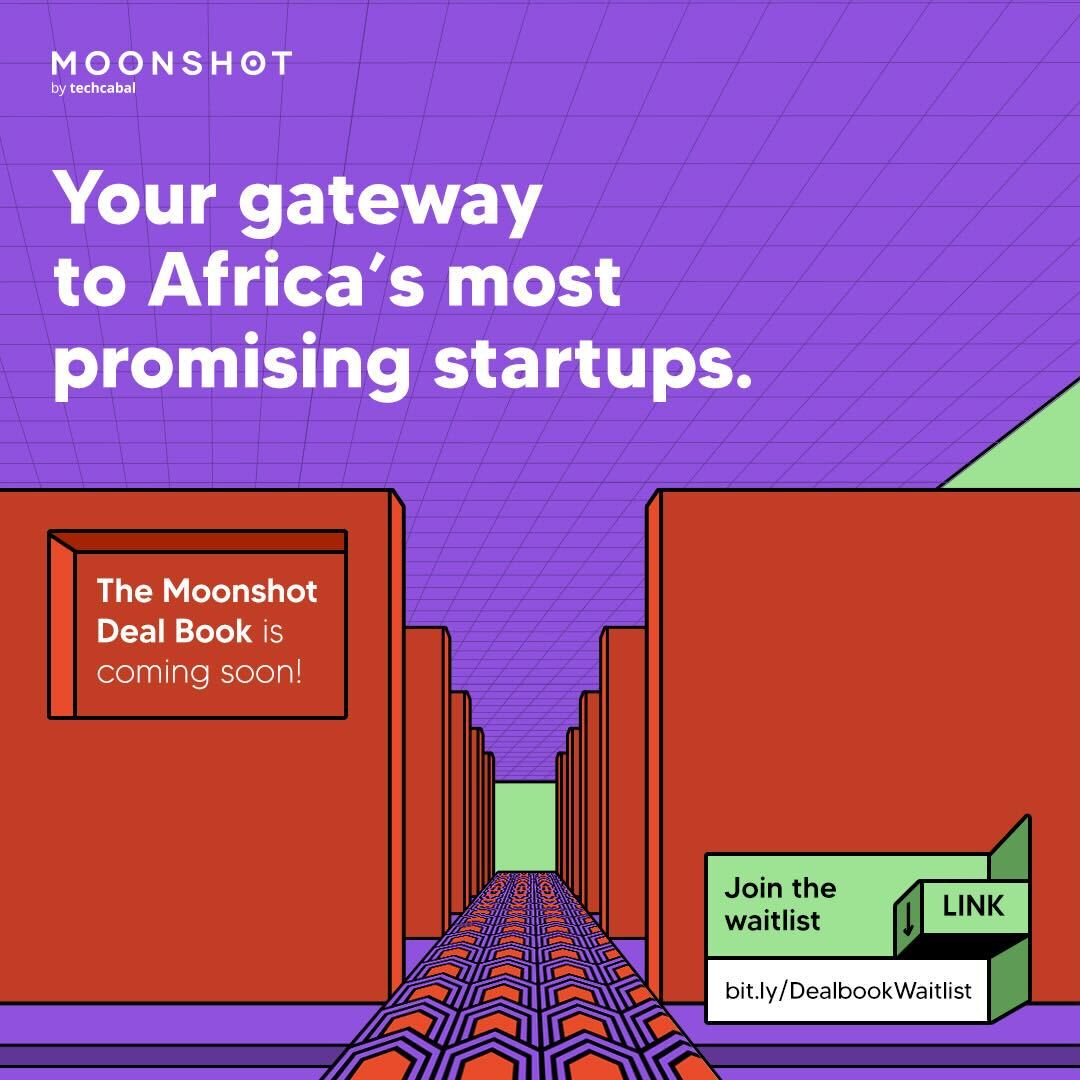
The Moonshot Book Dealbook is lauching very soon. Packed with a handpicked selection of the most promising startups, this exclusive resource is designed to connect top investors with high-potential opportunities. If you’re interested in being among the first to access the TC Dealbook, sign up on our waitlist today!
CRYPTO TRACKER
The World Wide Web3
Source:

Coin Name | Current Value | Day | Month |
|---|---|---|---|
| $79,930 | - 5.80% | - 7.16% | |
| $1,429 | - 1.96% | - 30.11% | |
| $0.1621 | + 11.59% | - 4.69% | |
| $103.89 | - 6.04% | - 18.42% |
* Data as of 03.00 AM WAT, April 9, 2025.
Opportunities
- Lagos Innovates (LSETF) is offering workspace vouchers to startups in Lagos to ease rising operational costs. Startups can access subsidised co-working spaces with reliable internet, power, and a supportive entrepreneurial community. The program is open to Lagos-based startups looking to reduce overheads and focus on growth. Apply now.
- After successes like Jamit, Pokecoin, and Tomachain, Lisk and CV Labs are back inviting African Web3 startups to apply for Batch 2 of the Lisk Blockchain Incubation Hub. The six-month program offers up to $20,000 in grants per project, mentorship, and access to additional funding of up to $100,000. Applications close on April 12, 2025, with the cohort starting on May 19, 2025. Apply here.
- Village Capital is offering early-stage startups in Africa the chance to join its Greentech Africa 2025 accelerator. The programme supports climate tech ventures building solutions in energy access, sustainable agriculture, circular economy, and related sectors. Selected startups will receive mentorship, investor connections, and capacity-building support. The programme is open to founders based in Africa with market-validated solutions tackling climate challenges. Apply here.
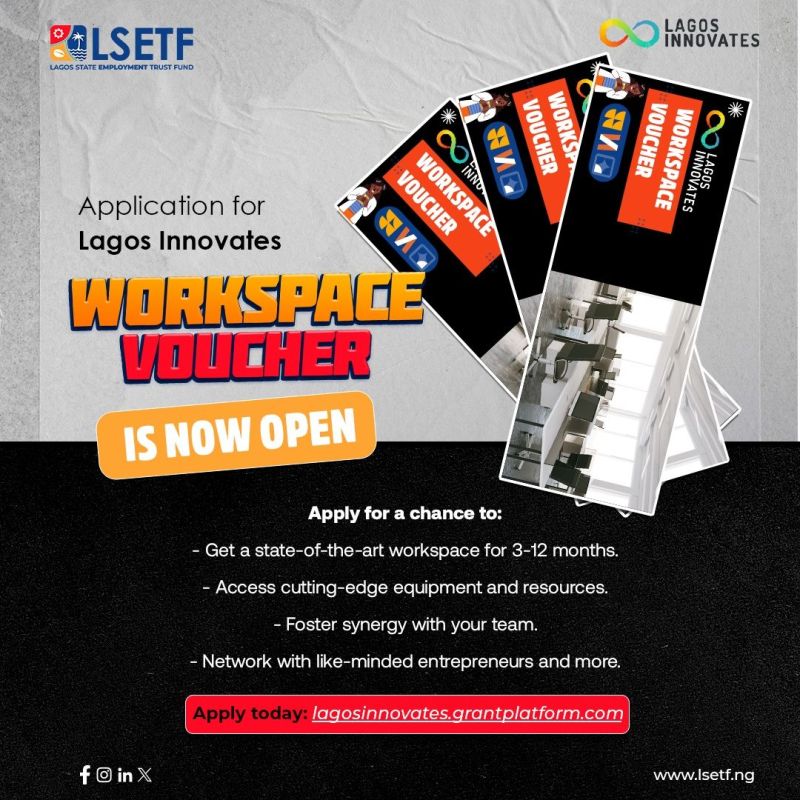


Written by: Emmanuel Nwosu and Bunmi Bailey
Edited by: Faith Omoniyi
Want more of TechCabal?
Sign up for our insightful newsletters on the business and economy of tech in Africa.
- The Next Wave: futuristic analysis of the business of tech in Africa.
- TC Scoops: breaking news from TechCabal
P:S If you’re often missing TC Daily in your inbox, check your Promotions folder and move any edition of TC Daily from “Promotions” to your “Main” or “Primary” folder and TC Daily will always come to you.

How did you find today's edition of #TCDaily? |


